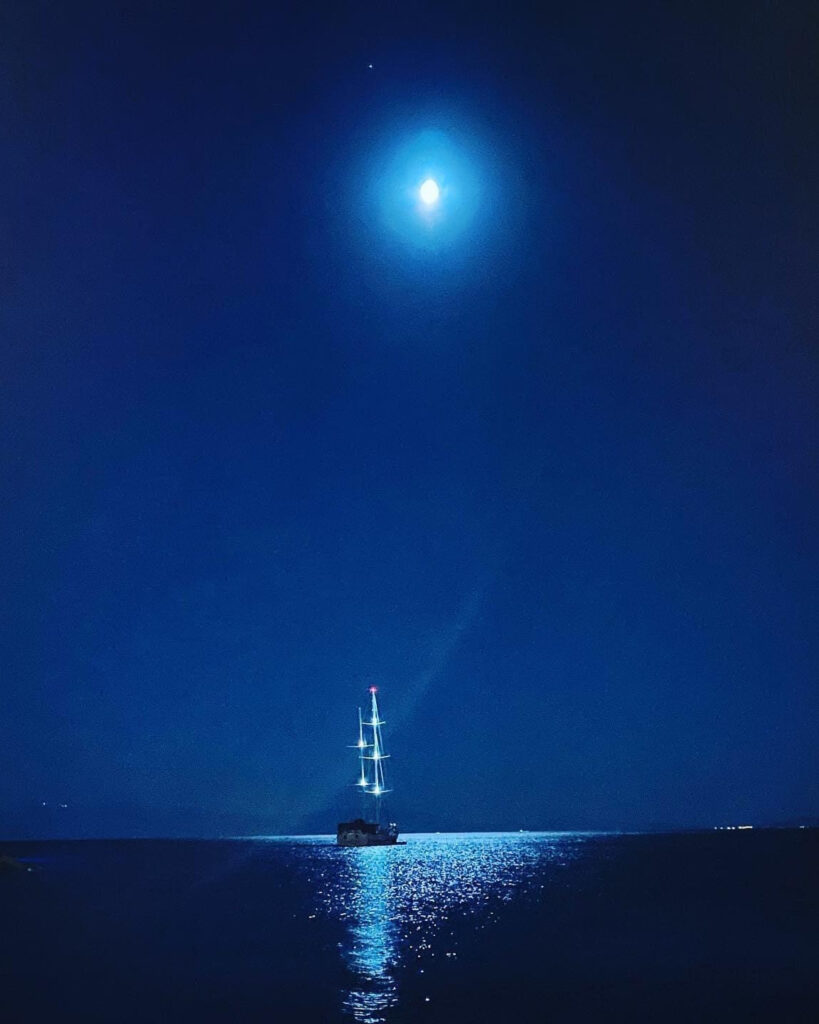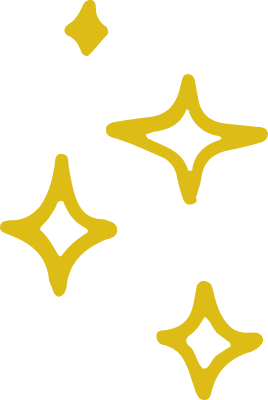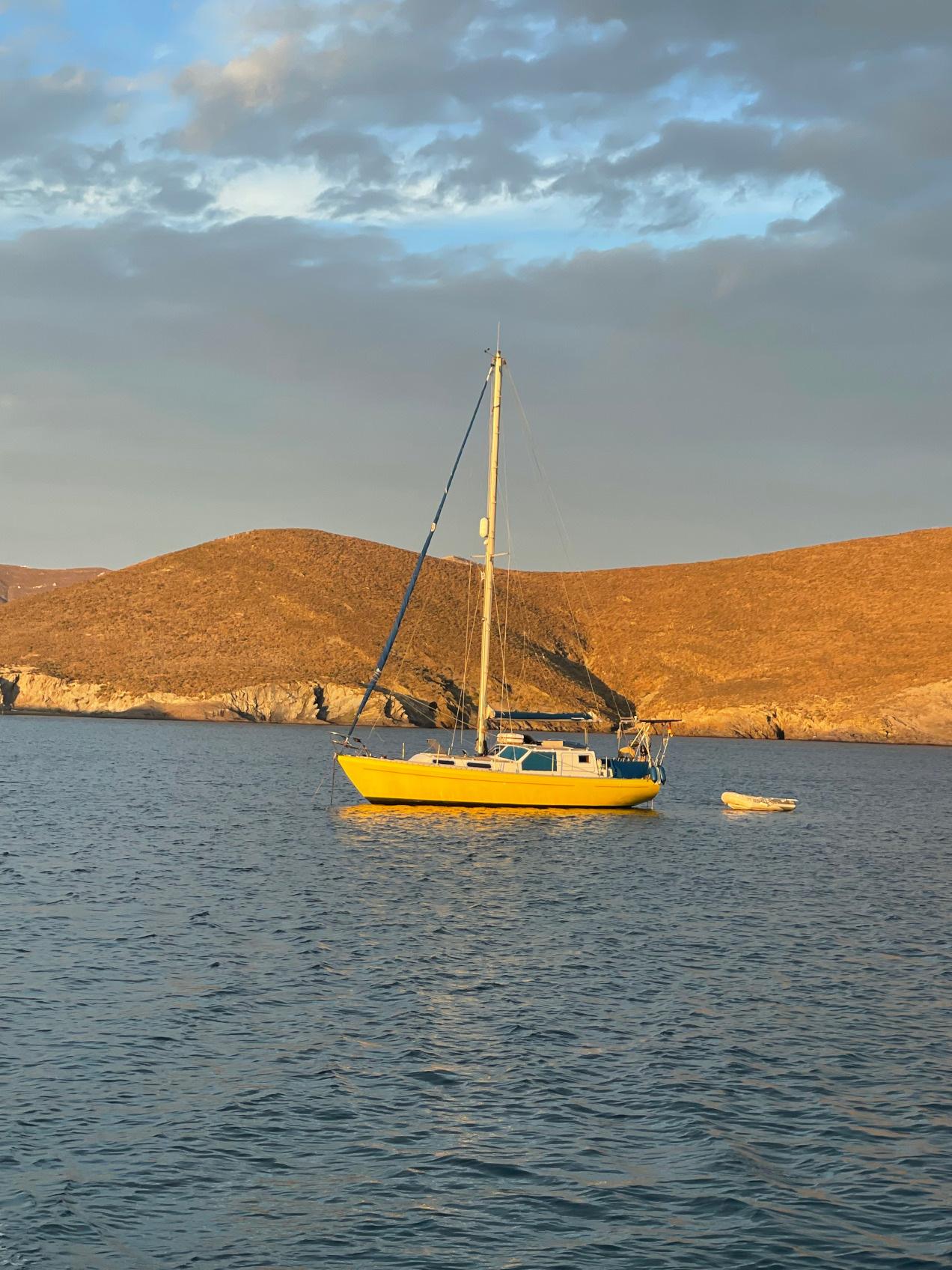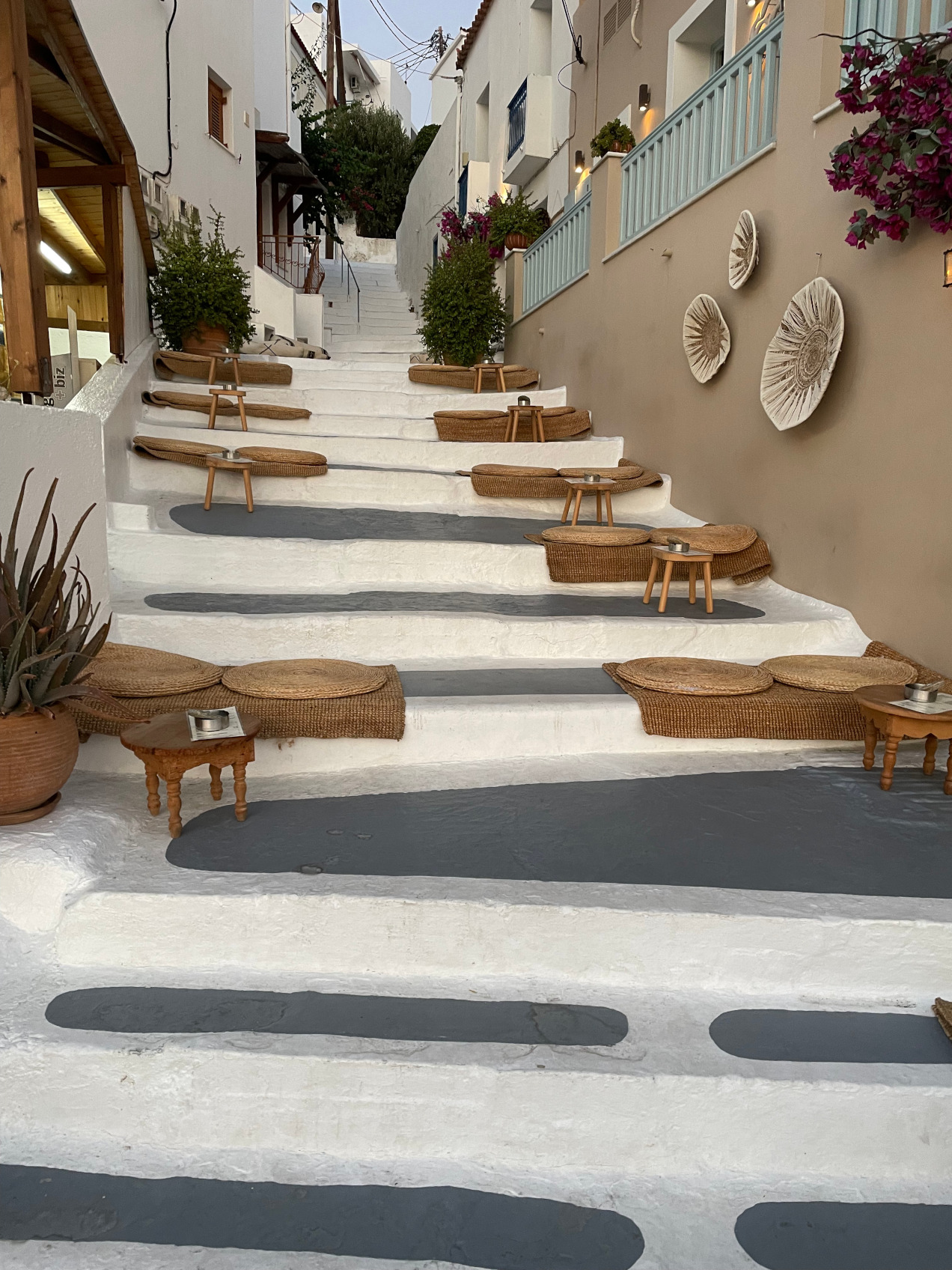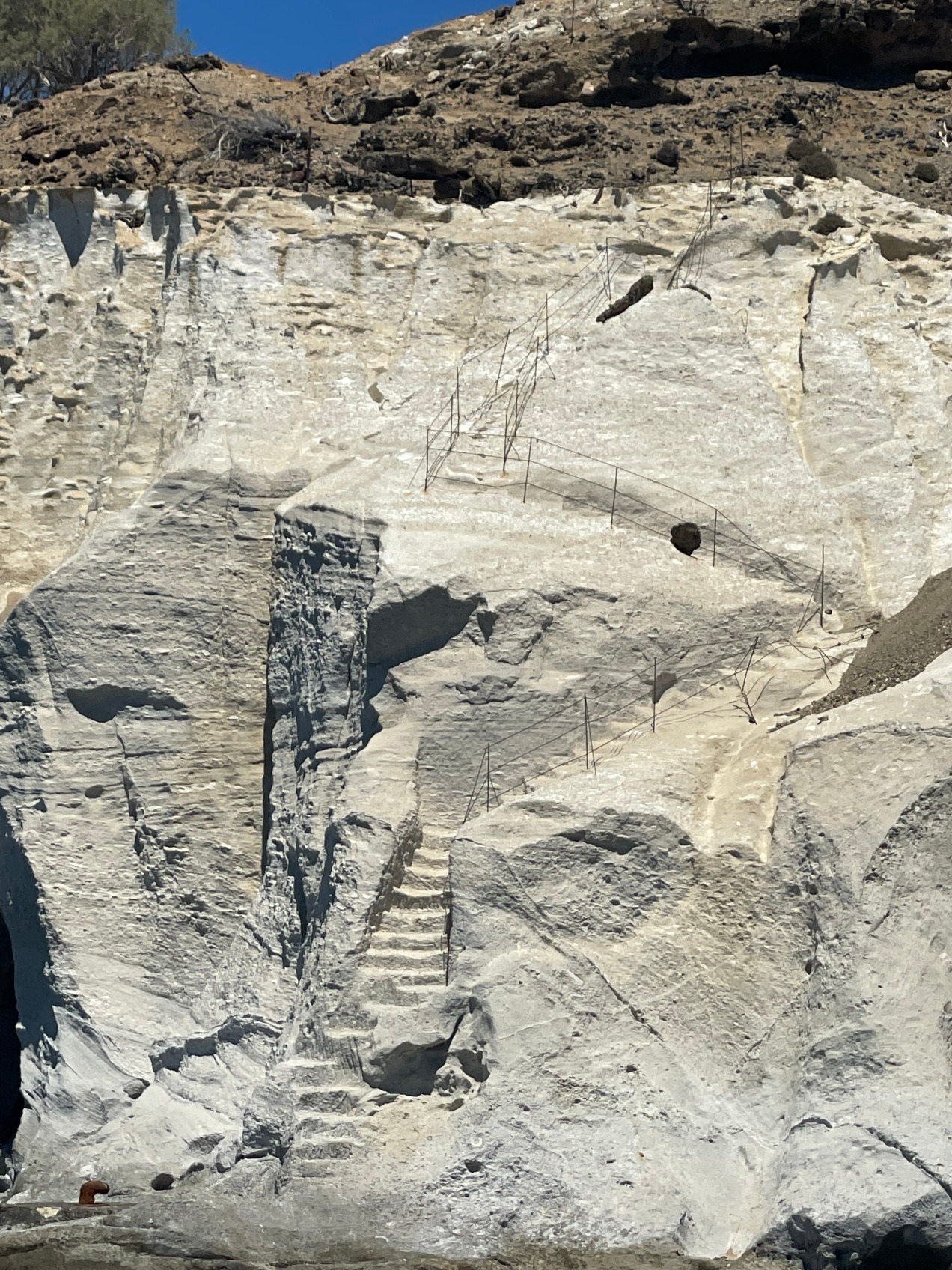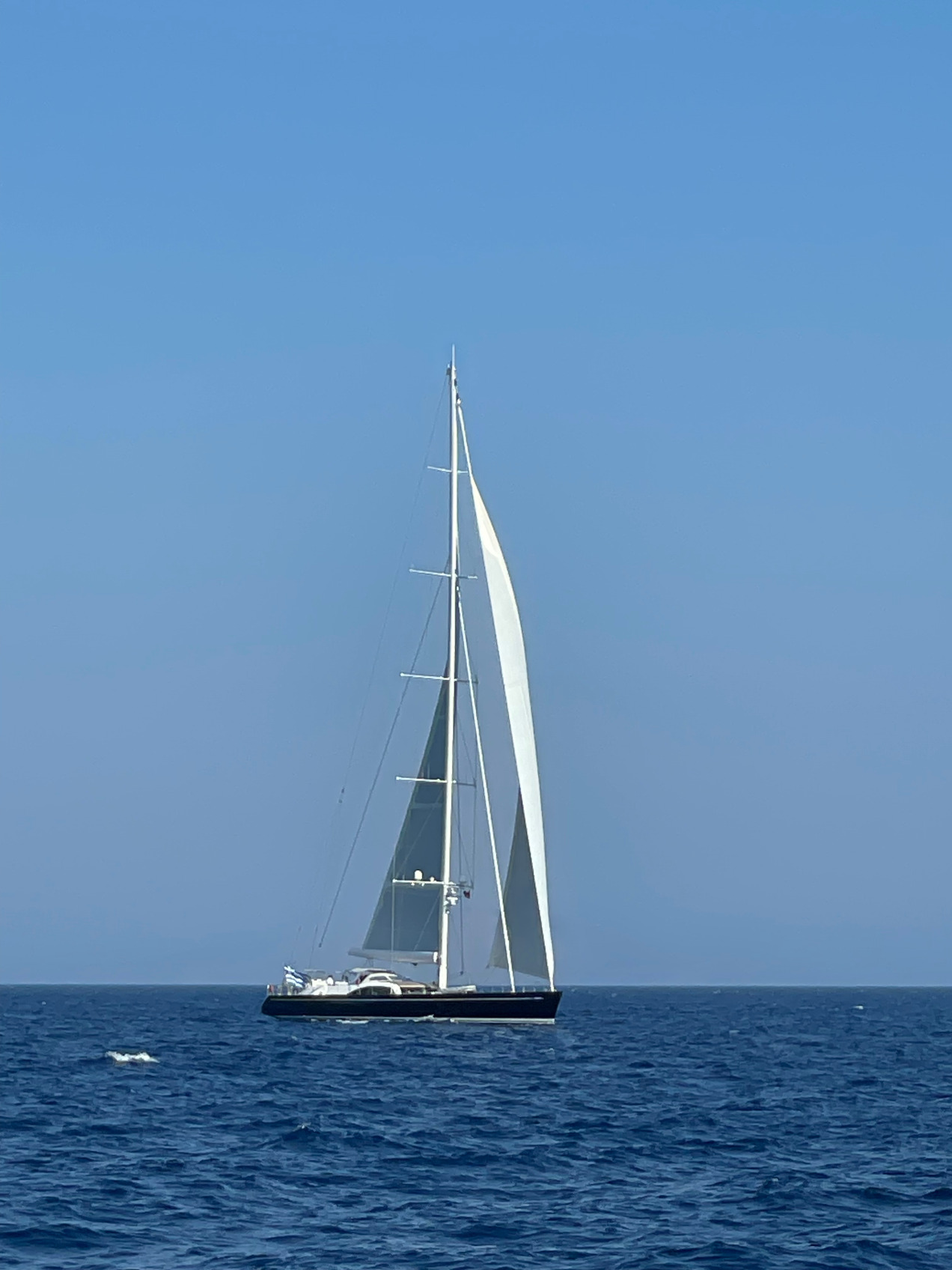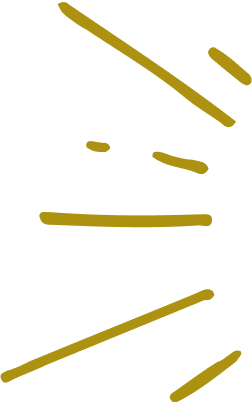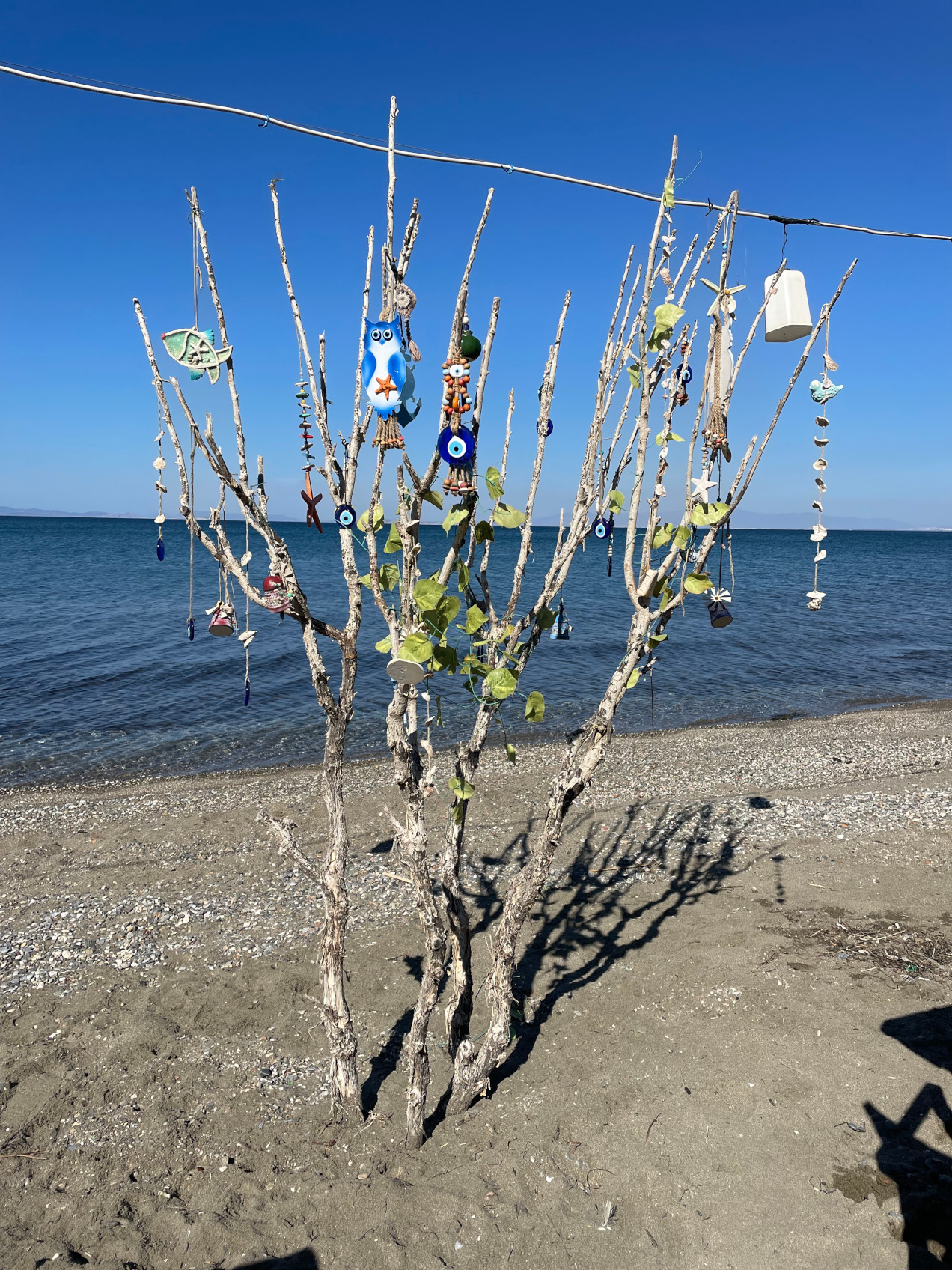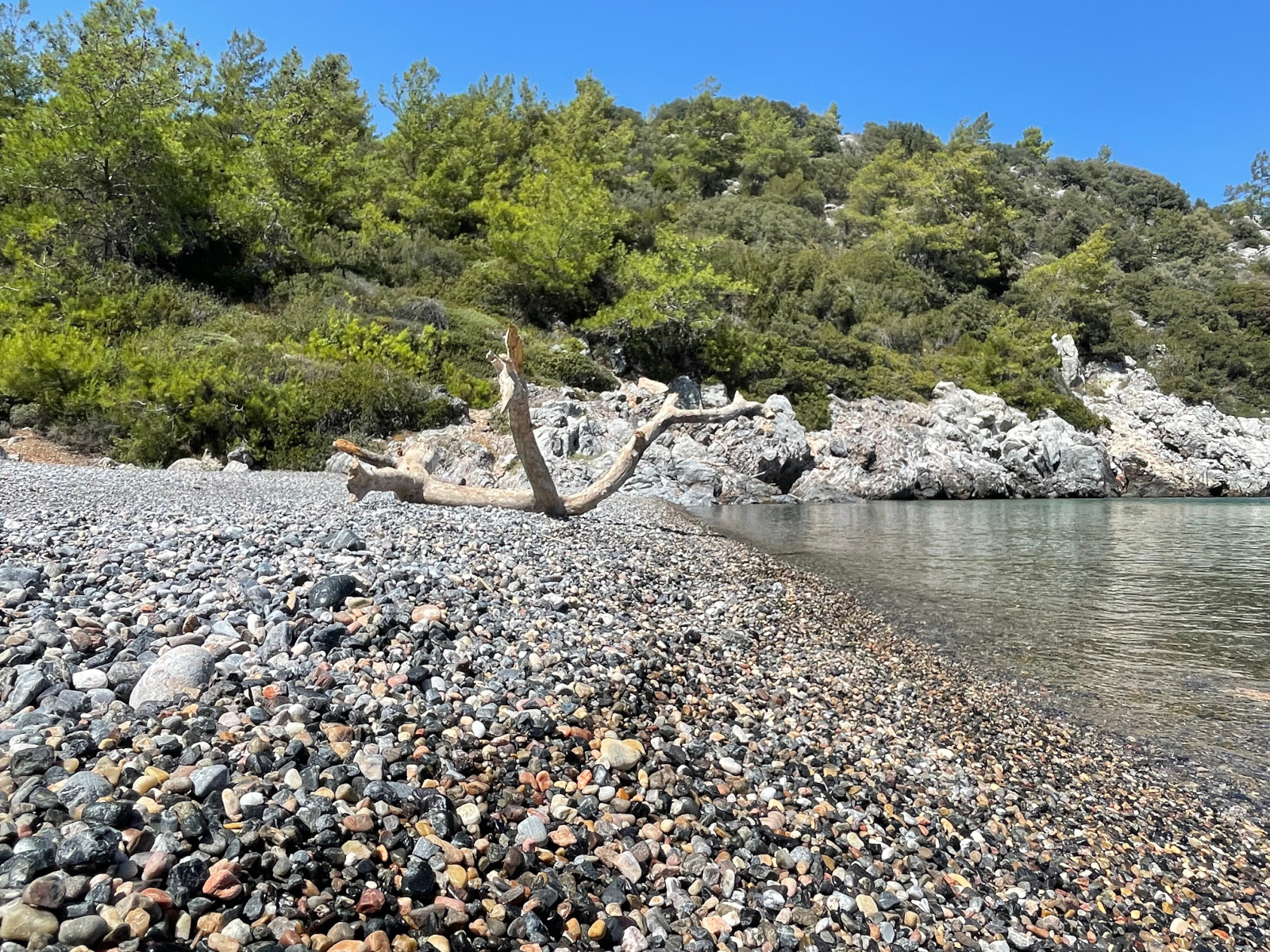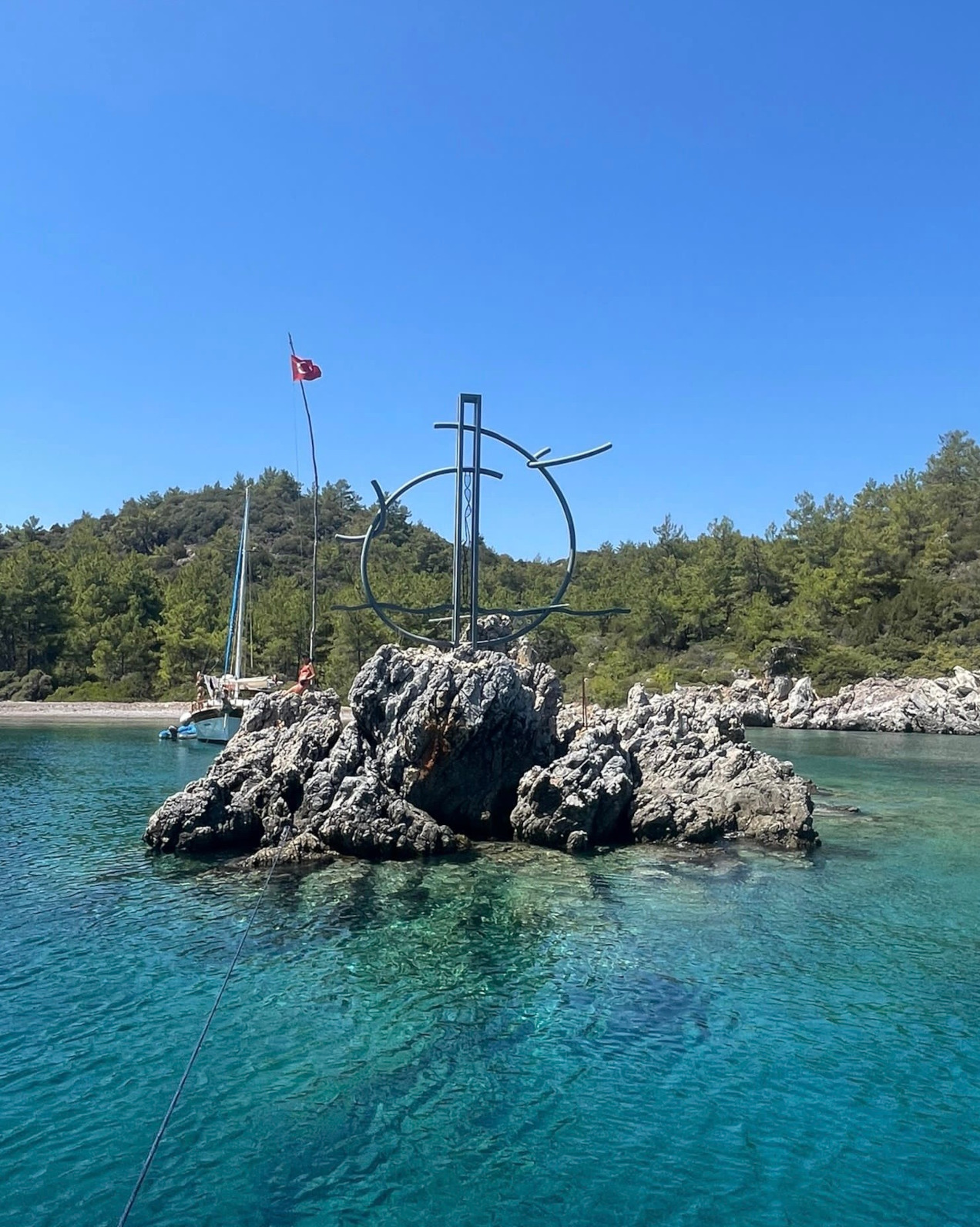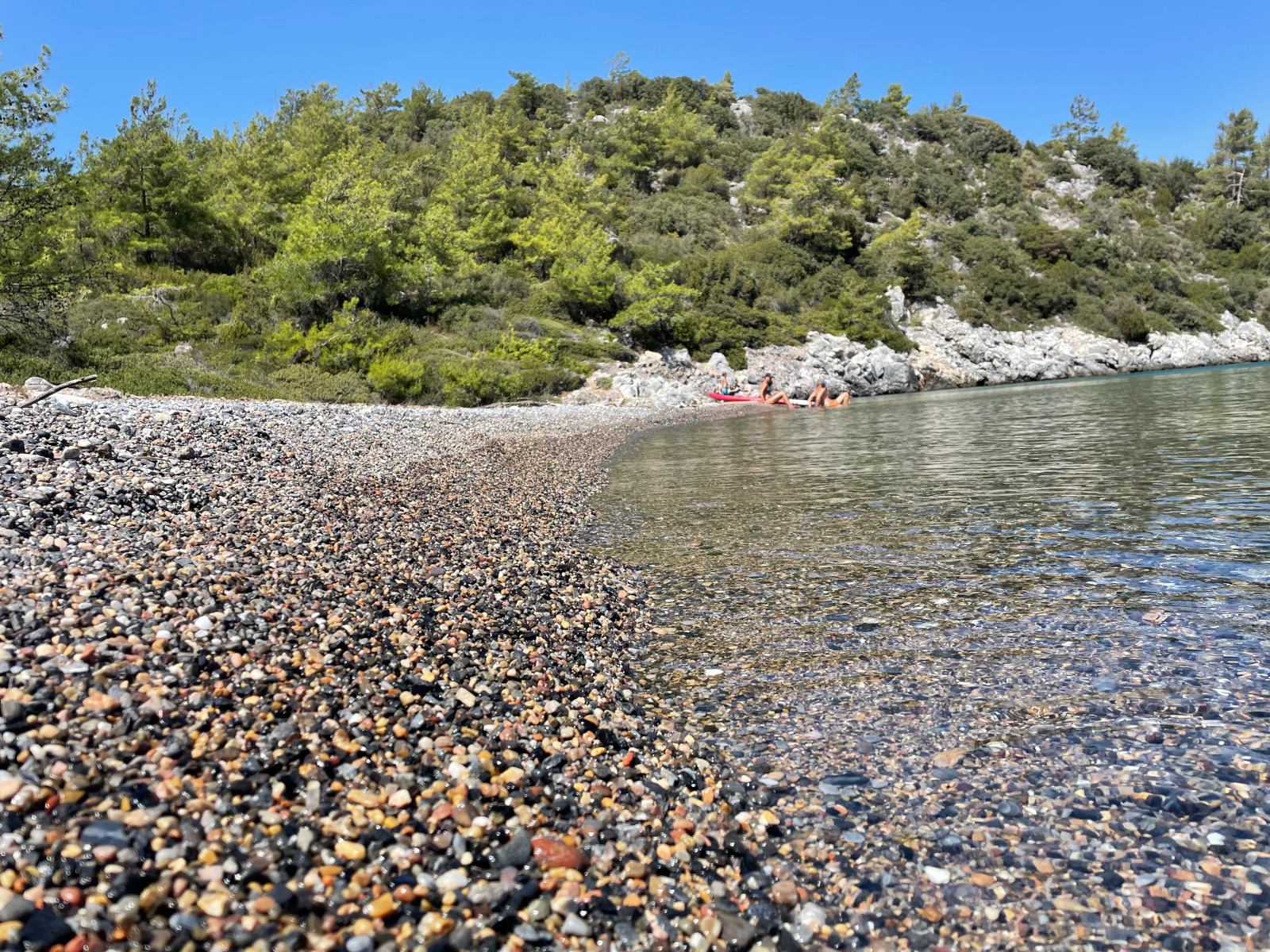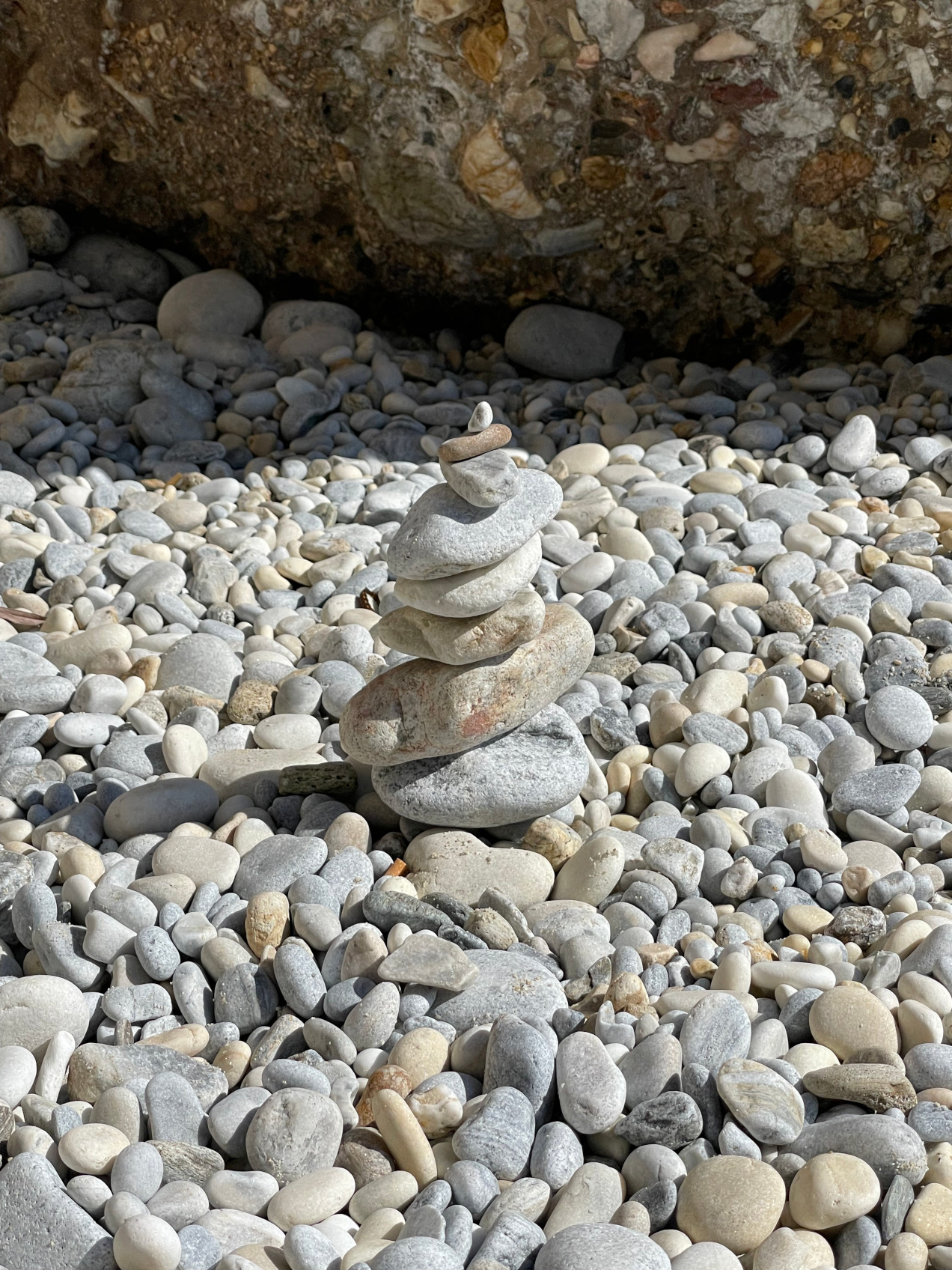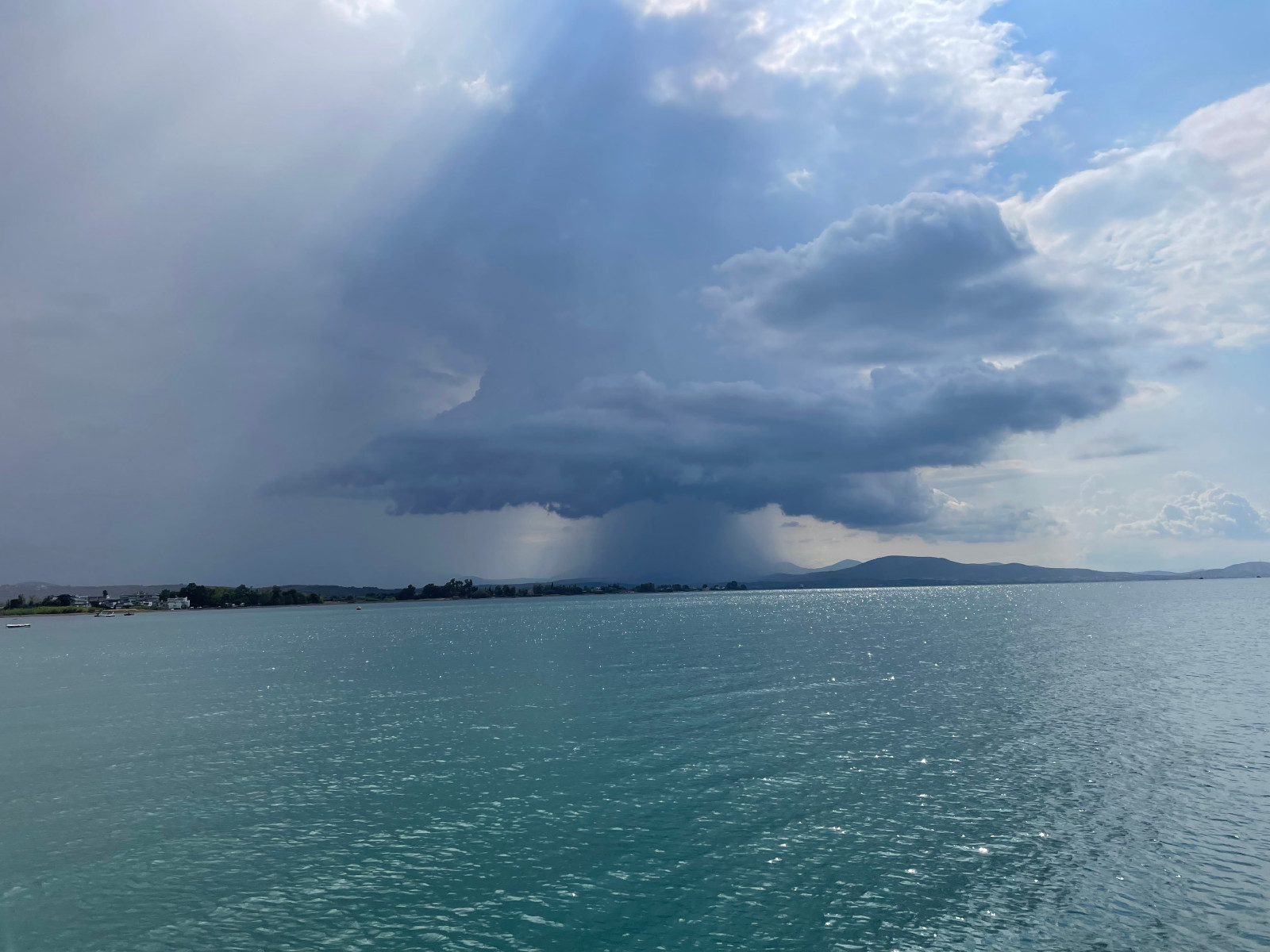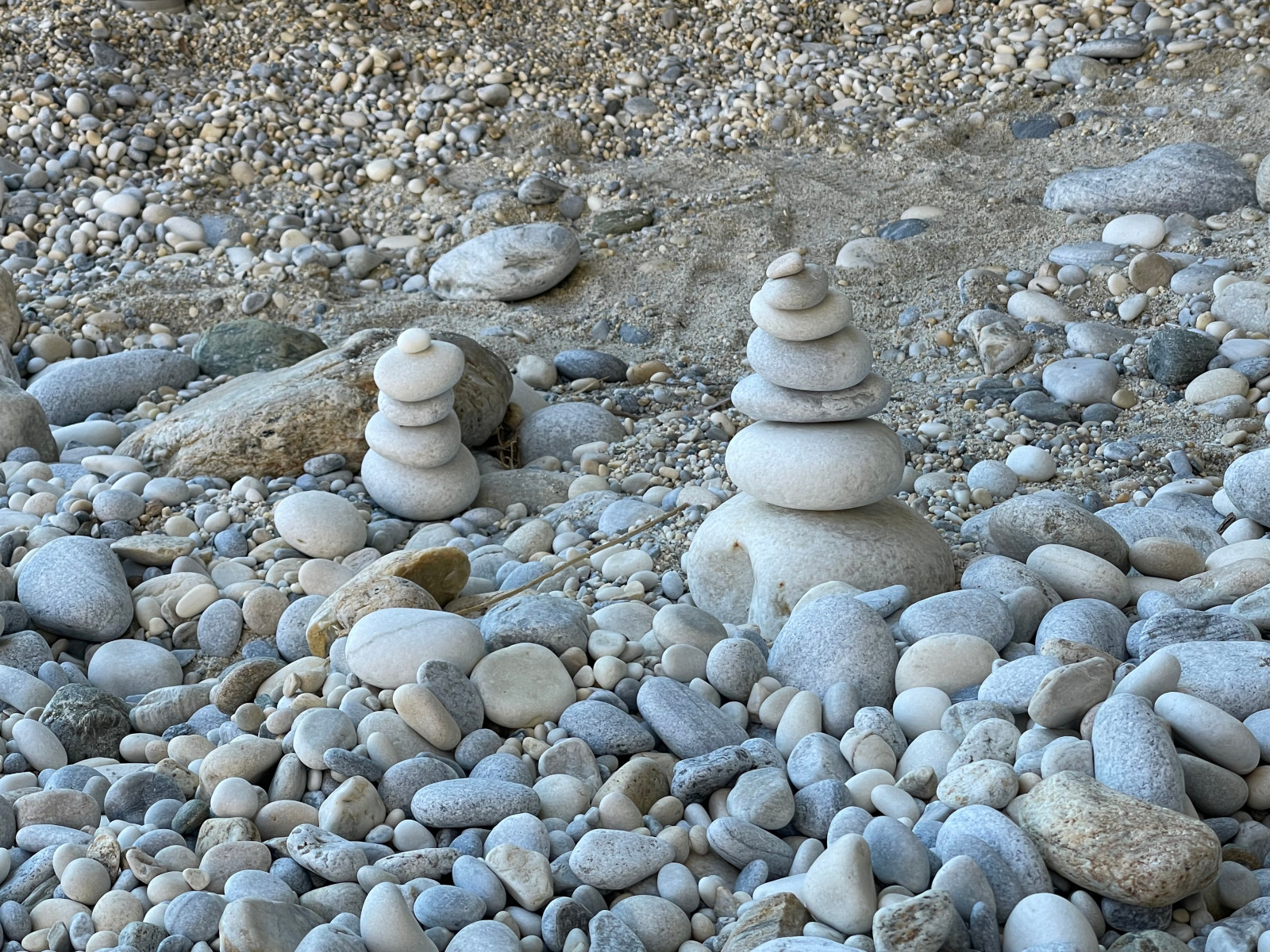Co-Journeying is a unique approach, combining powerful techniques of coaching and insights and wisdom of mentoring, through companionship, guidance, and support of another.
Co-Journeying is not a new thing. Its practice in essence is quite common and present in our life. We all have one or two life-time companions that accompany us through our journey, listen to us deeply, care for us dearly, and wish our wellbeing immensely.
Co-Journeying approach is associated with scientific foundations, asserting that our happiness, well-being and optimum functioning depend on many simple but profound aspects.
Co-Journeying follows scientific foundation of three philsophies and models:
- Supportive Relationships
- Wholeness Perception
- Positive Focus
Co-Journeying is a unique approach, combining powerful techniques of coaching and insights and wisdom of mentoring, through companionship, guidance, and support of another.

Co-Journeying is not a new thing. Its practice in essence is quite common and present in our life. We all have one or two life-time companions that accompany us through our journey, listen to us deeply, care for us dearly, and wish our wellbeing immensely.
Co-Journeying approach is associated with scientific foundations, asserting that our happiness, well-being and optimum functioning depend on many simple but profound aspects.
Co-Journeying follows scientific foundation of three philsophies and models:
- Supportive Relationships
- Wholeness Perception
- Positive Focus
